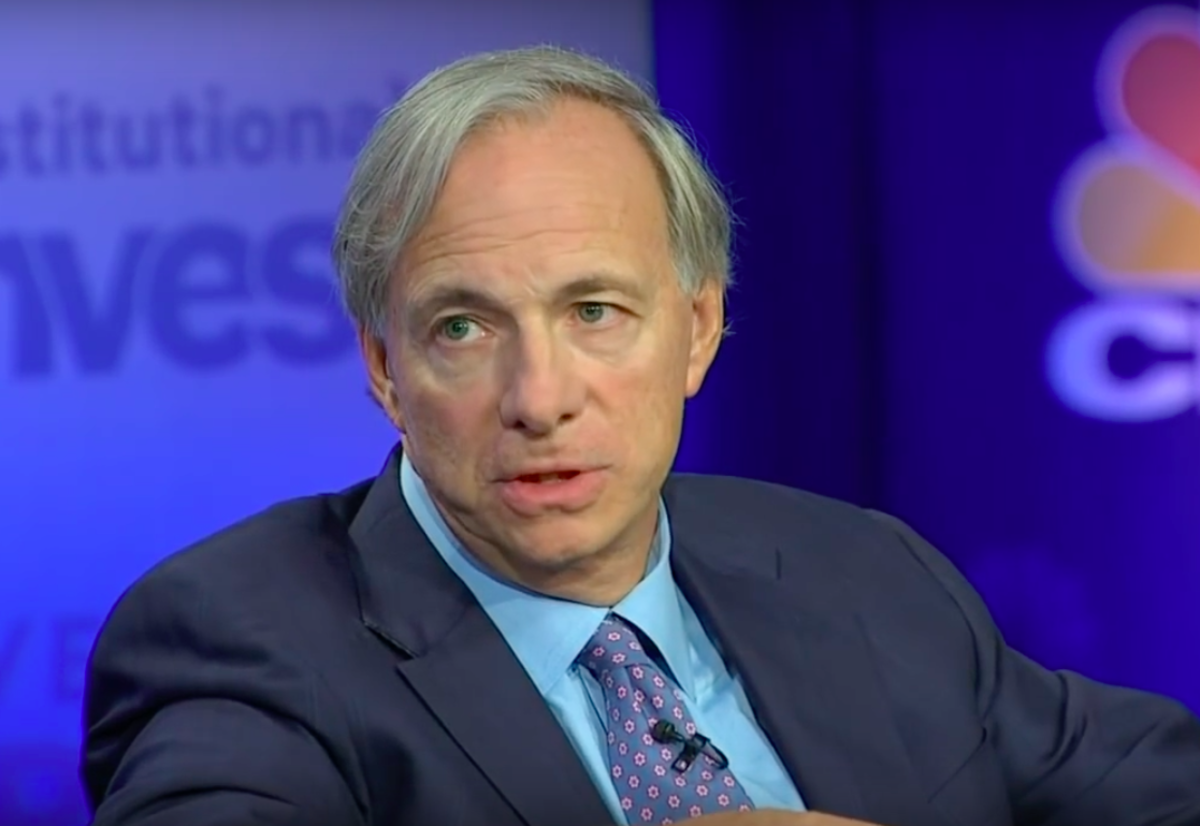
For a decade, Ray Dalio has been publicly preparing for the motivational speaker and author stage of his life. As befits his much-ballyhooed approach to radical truth and transparency, a great deal of thought went into how this would be achieved, specifically how he’d loosen his reins on his hedge fund, Bridgewater Associates, until it was operating independently of him, as the well-oiled and Principled machine he had built.
Of course, someone would have to hold the position of CEO until the singularity comes and the robots can just take over. But finding that person or persons have proven, uh, challenging, to say the least. At least four contenders for the throne have appeared. Three have now gone, and the fourth seems ready to leap if the right opportunity presents itself. This led to a new plan, a “continuously improving perpetual motion machine” at the top, which may be necessary, considering how quickly the revolving door turns in the executive wing at Bridgewater HQ. Alas, this latest scheme also seems in danger of being yet another one of those mistakes Dalio so loves, and it all comes down to what may have been the original mistake a decade ago: Ray Dalio might have been wrong about being ready to let go.

